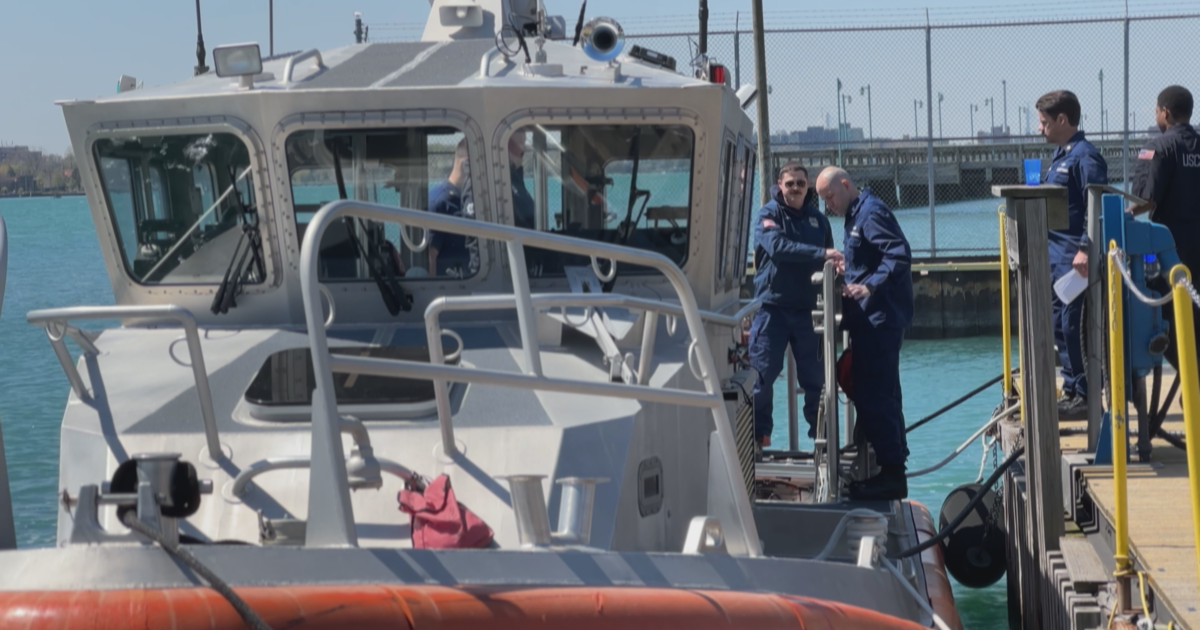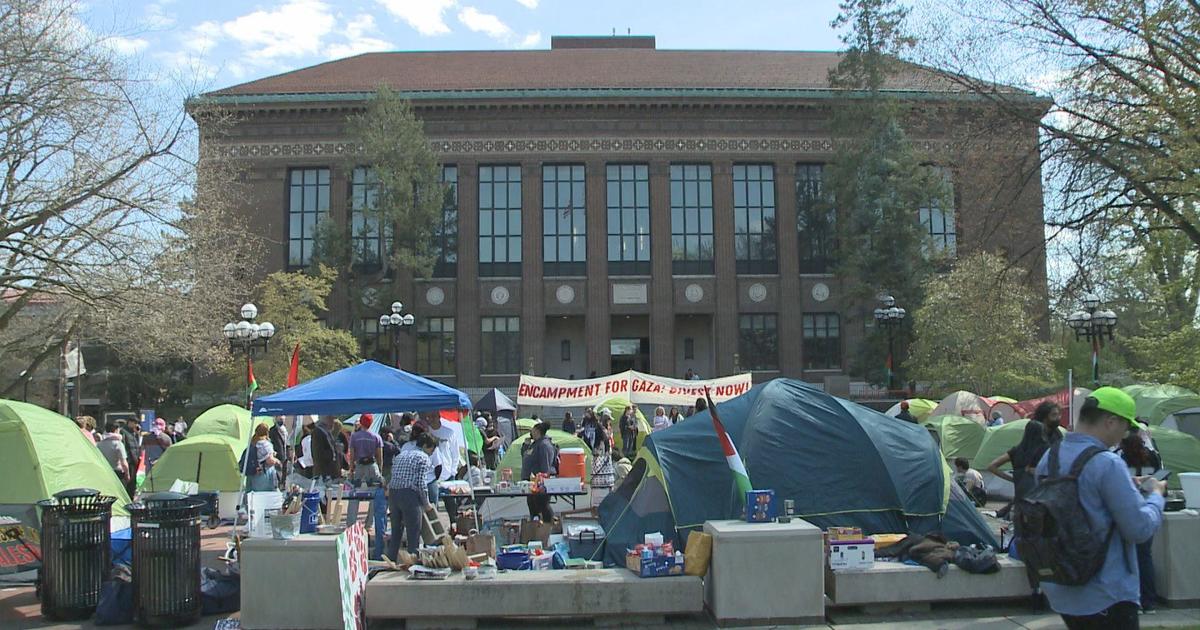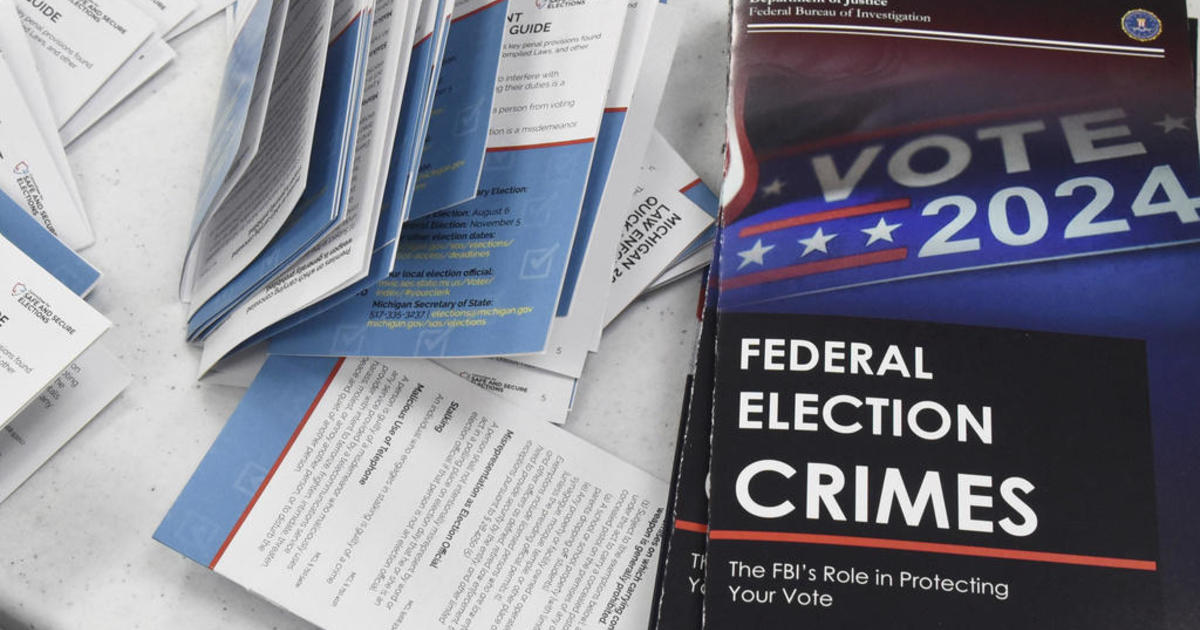Feds: Oil, Gas Leaking From Cap On Ruptured Well

Oil and gas are leaking from the cap on BP's ruptured oil well but the cork will stay in place for now, the federal government's point man on the spill said Monday. The leaks — which started late Sunday night — aren't "consequential," retired Coast Guard Adm. Thad Allen said, relieving concerns that they are a sign the cap is creating too much pressure underground. That could mean the cap that's stopped oil since Thursday would have to be opened.
Allen said BP could continue evaluating the cap and keeping it shut, for at least another 24 hours. He said BP must keep rigorously monitoring for any signs that this test could worsen the overall situation.
If there was a quick rise in pressure, the well would be vented immediately to keep from creating leaks deep underground, Allen said.
The next step isn't clear.
Allen seemed to budge on his previous stance that the cap would eventually be hooked up to a mile-long pipe to pump the crude to ships on the surface. That would mean flooding oil back into the sea for a few days.
Unless larger problems develop, he said he's not inclined to loosen the cap.
But he's also not sold on leaving the cap in place until the well is permanently plugged, which is what BP wants.
"I'm not prepared to say the well is shut in until the relief well is done. There are too many uncertainties," he said Monday.
The government and BP spent two days disagreeing over what to do with the undersea machinery holding back the gusher.
"We had some concerns ... about commitments that BP had made that we did not feel that they were adequately living up to in terms of that monitoring," White House spokesman Robert Gibbs said earlier. "That was dealt with last night on a call that lasted late into the evening."
The company very much wants to avoid a repeat of millions of gallons of oil spewing from the blown well for weeks, watched live across the country on underwater video.
If the valves are kept closed, as BP wants, it's possible that no more oil will leak into the Gulf of Mexico. Work on a permanent plug is moving steadily, with crews drilling into the side of the ruptured well from deep underground. By next week, they could start blasting in mud and cement to block off the well for good.
But the government is worried that the cap on the well is causing oil and gas to leak out elsewhere, which could make the sea floor unstable and cause the well to collapse. That's why federal officials want to pump the crude to ships on the surface. That would require opening the well for a few days to relieve pressure before the pipes could be hooked up, letting millions more gallons of oil spill out in the interim.
Allen said other options are also being developed to control the oil until it can be plugged from below, including pumping mud from the top of the cap. The idea is similar to the failed top kill plan that couldn't overcome the pressure of the geyser streaming up.
They would have more control over it now, but it would not be the permanent fix, Allen said.



